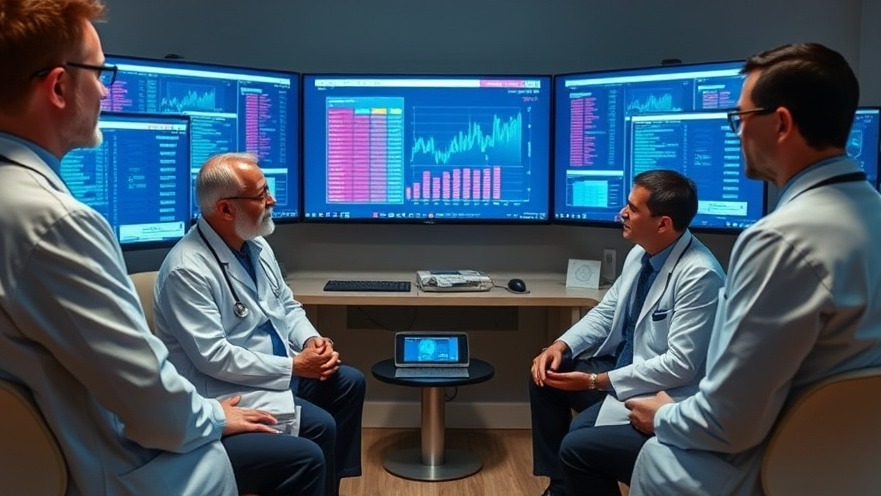
Understanding the Diabetes Epidemic
Diabetes is a major public health crisis, affecting over 38 million individuals in the U.S. alone. Alarmingly, around 25% of these individuals are unaware they have the disease, leading to dire health consequences and significant healthcare expenditures. Projections suggest that in just three decades, the diabetes incidence could reach nearly 50% of the population, particularly impacting certain racial and ethnic groups disproportionately. Such a scenario poses an unprecedented strain on the healthcare system, which currently allocates one in four healthcare dollars to diabetes care. This graphic portrayal emphasizes not just the prevalence of the disease but the urgent need for innovative management and treatment strategies.
The Role of GLP-1 Therapies
Among the promising advancements in diabetes management are GLP-1 (glucagon-like peptide-1) receptor agonists- these medications are becoming the cornerstone of type 2 diabetes treatment, facilitating not only glycemic control but also significant body weight reduction of 15% to 22%. The ability of GLP-1 drugs to also aid in weight management drives excitement among healthcare providers, especially considering the strong correlation between obesity and the development of Type 2 diabetes. However, barriers to accessibility and high medication costs remain significant hurdles that health providers must navigate as they integrate these therapies into practice.
Technological Innovations in Diabetes Management
Technology is reshaping the landscape of diabetes care, with continuous glucose monitors (CGMs) leading the charge. These devices provide real-time glucose readings, empowering patients and healthcare providers to make informed decisions regarding insulin doses and dietary choices. The integration of insulin pumps and CGMs into diabetes management offers not only enhanced patient engagement but also the potential to significantly reduce hospital visits, thereby alleviating some financial burdens inflicted by the condition. Adapting to these technologies can create a more collaborative care environment, allowing practice owners to demonstrate their commitment to cutting-edge patient care.
Future Directions: Personalized and Preventive Approaches
Research is increasingly focusing on personalized medicine strategies that address individual patient profiles and treatment responses. Innovative approaches, such as islet cell transplantation and genetic modification, could provide long-term solutions to eradicate diabetes entirely. These advancements highlight the importance of investing in ongoing education and innovative practices, positioning concierge medical practices as leaders in facilitating personalized care pathways for their patients. Adopting these advanced treatments not only ensures a higher quality of care but also the potential for improved patient retention and satisfaction in a competitive landscape.
The Business Case for Embracing New Treatments
For concierge medical practice owners, understanding the financial implications of integrating GLP-1 therapies and advanced technologies into practice can be transformative. Offering cutting-edge diabetes management options can significantly enhance patient loyalty while attracting new clientele. Emphasizing preventive care facilitates stronger patient relationships, which is vital in the concierge model and can lead to higher patient satisfaction and improved health outcomes. Building a value proposition around advanced diabetes care not only enhances a practice's reputation but can drive revenue as patients seek comprehensive management solutions.
Call to Action
As healthcare continues to evolve, staying at the forefront of diabetes management strategies is crucial. Ensure that your concierge practice is equipped to handle the future of diabetes care by exploring new treatment options and technologies. By implementing these innovative strategies, you not only improve patient outcomes but also position your practice as a leader in the market, attracting more patients who demand top-quality healthcare services.
 Add Row
Add Row  Add
Add 






Write A Comment